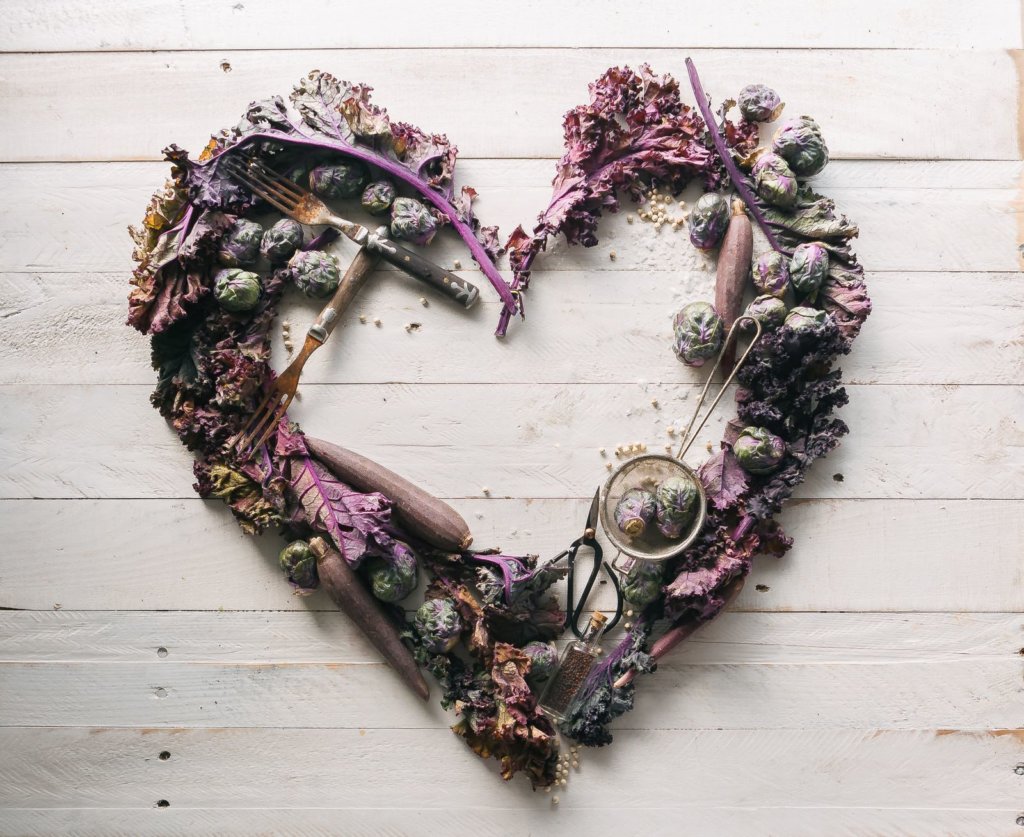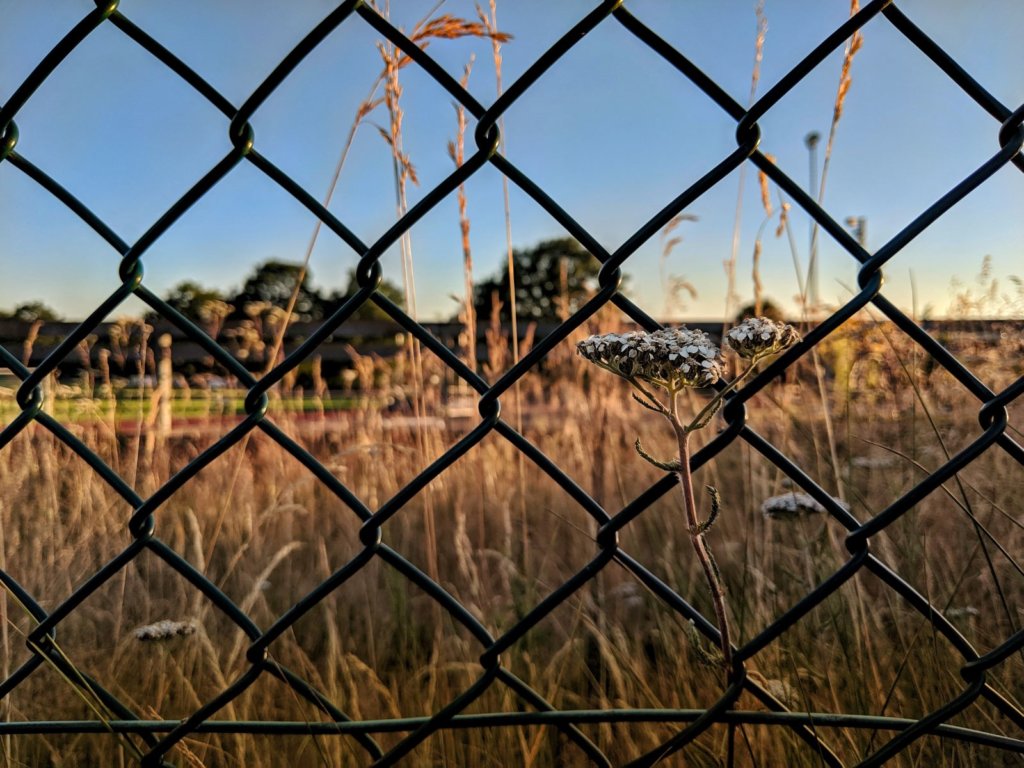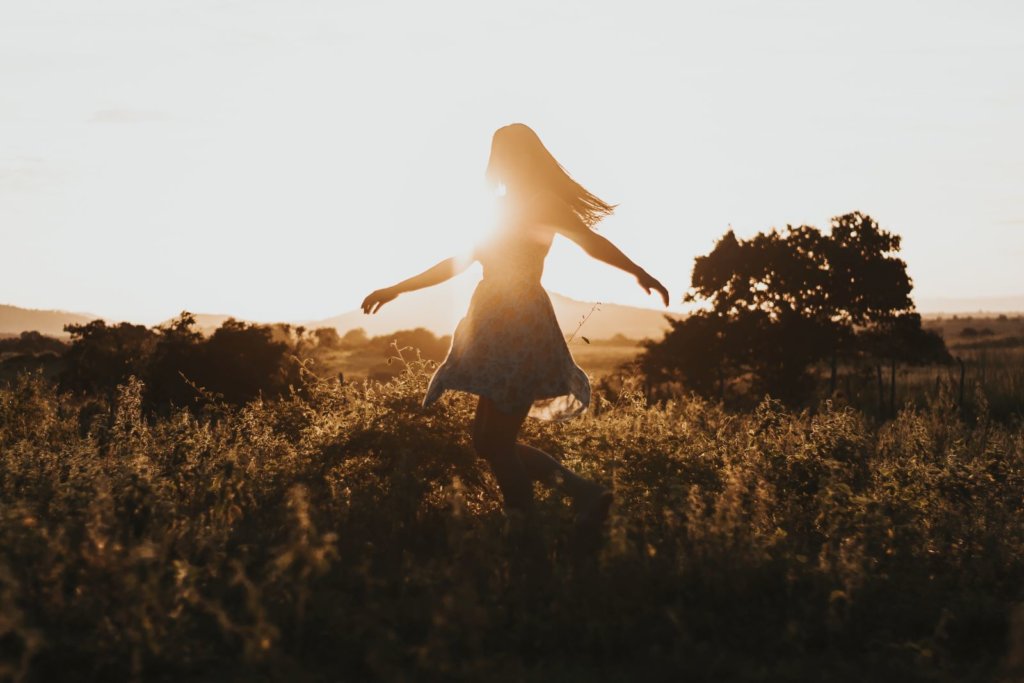Something funny happened to me. This morning I read in Tosha's Silver's book It's Not Your Money that sometimes when we're angry we need to break something. She recommends plates but it could be anything – stuffed animals, coconuts, phone books. I felt the urge to break something but then talked myself out of it because I didn't want to deal with the clean up. Even if I broke plates in my garage I can't leave shards lying around. I mean, I suppose I could, but people park in there. What would happen to their tires? Therefore I dismissed breaking anything and considered buying a coconut later this week.
I grabbed my water glass and wouldn't you know it – it hit my counter in such a way that it shattered. Not into a million pieces thank goodness, but enough to mean I pulled out the vacuum cleaner. It was kind of satisfying to hear and see the glass smash AND it was also a pain in the butt to clean up the debris. Some people might think my experience just now was a coincidence but I'm not a butterfingers. I don't regularly break dishes. In fact, the last time I broke a water glass was more than four years ago, so we can't chalk it up to me being a klutz.
 |
| Not my glasses. Photo by Jana Sabeth on Unsplash |
I'm also thinking about samskaras here, or reactive momenta. Samskaras are related to the law of karma, or the law of action. As we know, for every action, there's an equal and opposite reaction. But what happens if the reaction takes a second? Or more than a second? That potential reaction, the seed of the reaction to an action, is called a samskara in Sanskrit. According to my spiritual tradition, we carry these samskaras with us from one lifetime to the next. When a samskara is expressed, we often attribute that to luck, both good and bad.
I spend a lot of time thinking about luck. I long for good luck and I worry about bad luck. “Worry” isn't quite the right word, it's more like obsess. Especially when it comes to safety. I'm scared to go to movie theaters because I'm worried about mass shootings. I'm nervous attending religious services for the same reason. The first thing I do when I enter a space is notice the exits in case I need to make a quick getaway. Some of this is warranted, I do live in the U.S. after all, but I worry about these things as if noticing them will prevent them from happening. If I'm hypervigilant, then nothing can happen to me, right? Weeeellllllllll.
Another way to think of samskaras is to equate them with a curriculum. There are certain things that are meant for us in this lifetime. We can't run away from them as much as we try. It's why the healthiest person you know gets cancer. Or your friend can't find a job despite applying all over creation. It would be easy to sink into defeatism here. To say, “Oh well. That's my fate. Can't do anything about it,” but that's both true and not true. We make new samskaras all the time. How we show up in the world still matters AND certain things are inevitable. I think what this comes down to is serenity, encapsulated by the serenity prayer: “God, grant me the serenity to accept the things I cannot change, the courage to change the things I can, and the wisdom to know the difference.”
Right now, I'm figuring out what I can change and what I can't. I'm working on accepting what's coming to me, both good and bad. How can I be more serene? That, my friends, is the work.
I dream of a world where we recognize what's needed in our lives will happen. A world where we understand what's necessary isn't always pleasant. A world where we realize someone else's life curriculum isn't necessarily ours and vice versa. A world where we live in serenity as best we can one day at a time.
Another world is not only possible, it's probable.


